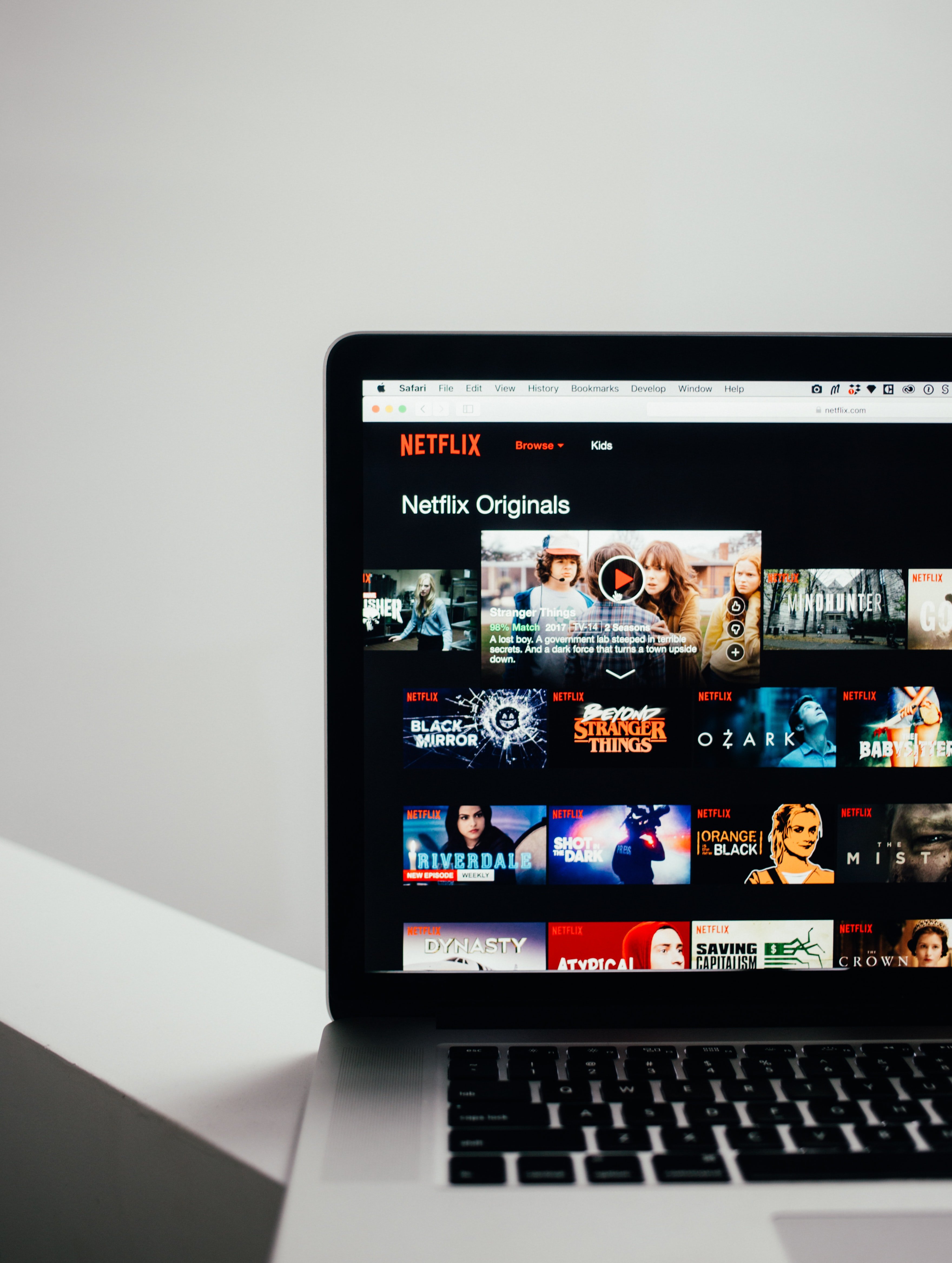The options for watching movies or series in Catalan on audiovisual platforms are minimal. And the new audiovisual law being prepared by the Spanish state does not provide for correcting this. In fact, it moves in the opposite direction. Faced with this - a central government which is disinterested in maintaining the Spanish linguistic diversity it loves to boast about - the Catalan leadership has decided to open a new battlefront with the Moncloa palace, and will bring this issue to the table at the next gathering of the bilateral Spain-Catalonia commission, which is to meet on August 2nd. "We will take a stand. This is a red line," said the Catalan minister for the presidency, Laura Vilagrà.
In 2018, Europe approved a directive to bring into balance the regulations binding traditional media and the new digital services such as Netflix, HBO, Amazon and Filmin, which until that point operated without any substantive control. Member states were given two years to adapt the directive and turn it into law. With this period already expired, Spain is now finalizing its own proposal, with a draft text that has set off all the alarms at the Palau de la Generalitat in Barcelona. Pere Aragonès's executive sees a double threat. One, to the Catalan language, the other, a threat to the Catalan government's competency in this area, which is exclusive.
"Lethal" threat to the Catalan language
Only 0.5% of Netflix content is in Catalan. In the HBO catalogues, it is only 0.1%, on Disney+ the figure is 0.8% and Amazon Prime has 1.3%. Filmin - of Catalan origin - has the most options, 18.9%. These figures were presented ERC deputy Raquel Sans in Parliament to contextualize the situation.
Since, given the preliminary draft that has been presented, the Spanish government has no intention of reacting to this situation, the Pere Aragonès administration has presented arguments to strengthen the presence of Catalan. "This law could a turning point for Catalan. We will be risking everything in the next few years. If the adaptation of the directive does not include Catalan, this could be absolutely lethal," warned the minister Vilagrà. So far, amendments proposed by Catalan parties in December have been ignored. That is why they have been presented again this July, and the government will take them to the bilateral meeting with the state, where they will also address transfers of competencies and outstanding debts — such as Barcelona's port and airport, and the historical non-payment of university grants.
Other EU countries have chosen to regulate in this area instituting positive discrimination to protect their own production. Thus, for example, France obliges the digital video platforms to show 20-25% of local production and Italy and Poland fix the proportion at around 20%. On the other hand, Spain reduces this percentage to 5% and does not take into account its three co-official languages: Catalan, Basque and Galician. The proposal currently states that the offer of European productions to be included for screening must include half in Castilian or another official language of the Spanish Autonomous Communities. This is what worries the Catalan government, because it leaves the provision of any content at all in the co-official languages to the discretion of Netflix and its competitors, instead of setting a mandatory and specific language quota.
Marginalizing the CAC
In addition to this quota in Catalan, the other demand of the Generalitat government is to stop the invasion of competencies that they accuse the Spanish government of pushing through. "They are violating an area in which Catalonia has exclusive competencies", asserts Vilagrà, with the power being specifically in the hands of the Catalan Audiovisual Council. The proposed bill provides that the Spain-wide commercial regulator, the National Markets and Competition Commission, will have sole control over video platforms, leaving out the CAC.
In addition, the rule only stipulates that audiovisual companies have to allocate part of their income to finance the Spanish public broadcaster, RTVE. An unacceptable fact for the Catalan government, which insists that this provision must include Catalonia's public television network TV3 and its radio broadcaster Catalunya Ràdio as well.
In the main image, the Netflix catalogue. / Unsplash

